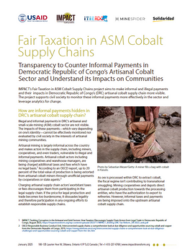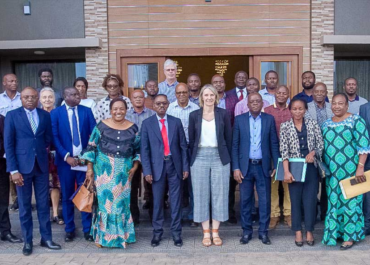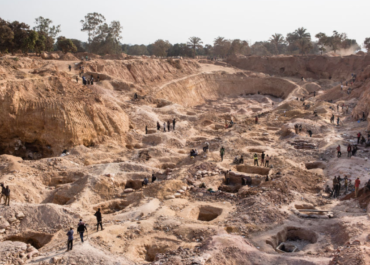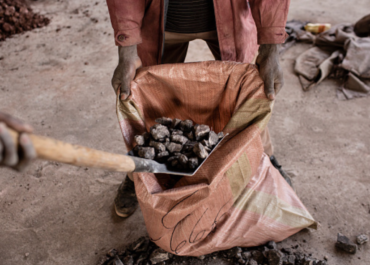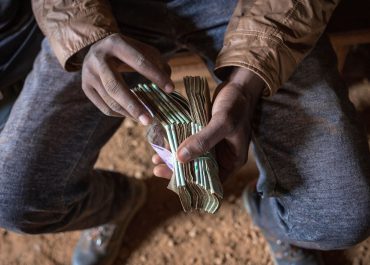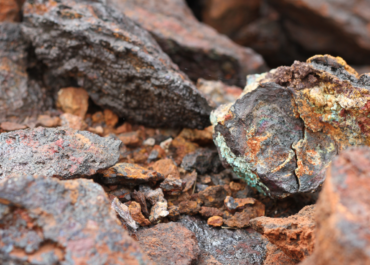Fair Taxation in ASM Cobalt Supply Chains
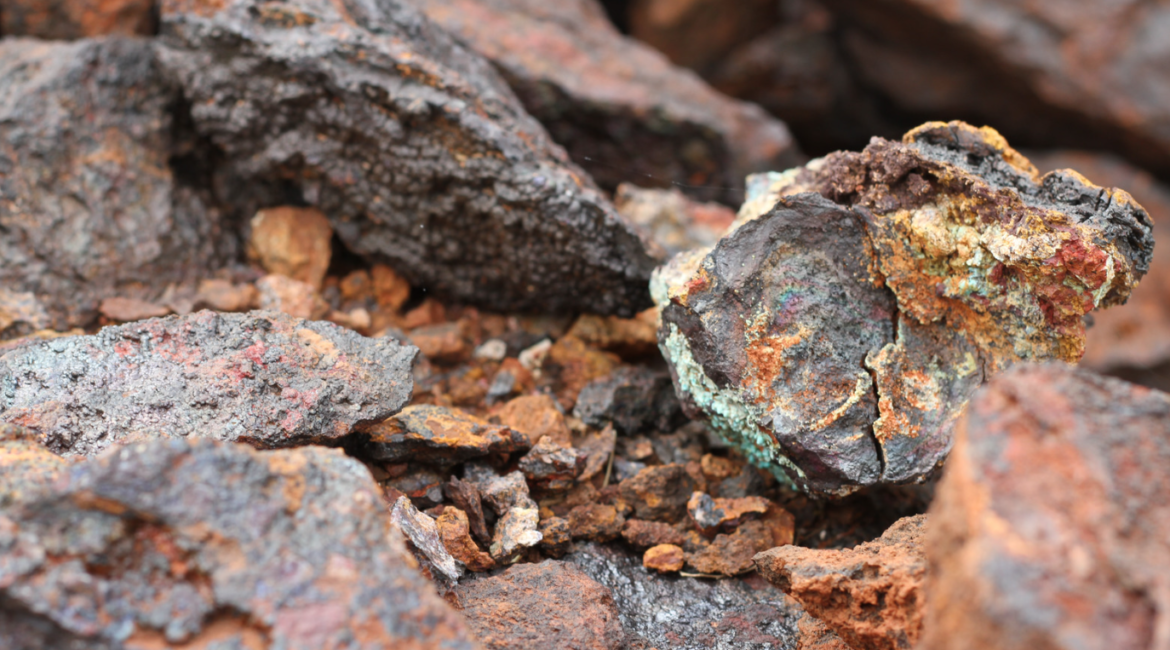
Transparency to Counter Informal Payments in Democratic Republic of Congo’s Artisanal Cobalt Sector and Understand its Impacts on Communities
IMPACT’s Fair Taxation in ASM Cobalt Supply Chains project aims to make informal and illegal payments and their impacts in Democratic Republic of Congo’s (DRC) artisanal cobalt supply chain more visible. The project supports civil society to monitor these informal payments more effectively in the sector and leverage analytics for change.
How are informal payments hidden in DRC’s artisanal cobalt supply chain?
Illegal and informal payments in DRC’s artisanal and small-scale mining (ASM) cobalt sector are not visible. The impacts of these payments—which vary depending on one’s identity—cannot be effectively monitored nor evaluated by civil society in the interests of artisanal mining communities.
Artisanal mining is largely informal across the country and makes actors in the supply chain, including miners, cooperatives, and even traders, vulnerable to illegal and informal payments. Artisanal cobalt actors including mining cooperatives and warehouse managers, are being charged additional taxes and fees which have no legal basis. According to an OECD report, up to 20 percent of the total value of production is being extorted from artisanal cobalt miners through unofficial payments by cooperatives or state agents.
Charging artisanal supply chain actors’ exorbitant taxes or fees discourages them from participating in the legal supply chain. If the price for legal production and trade becomes too burdensome, it dissuades legality and therefore participation in any ongoing efforts to establish responsible supply chains.
As ore is processed within DRC to extract cobalt, the fiscal regime isn’t contributing to transnational smuggling. Mining cooperatives and depots direct artisanal cobalt production towards the processing entities, who have the authorization to export to refineries. However, informal taxes and payments are being imposed onto the upstream artisanal cobalt supply chain.
How will the project increase transparency?
The project seeks to constrain opportunities for illegal and informal payments and incentivize integrity by making these payments and their impacts more visible through three key pillars.
1. To make illegal and informal payments more visible:
The project leverages IMPACT’s Mapping Payments project which used a consultative, multi-stakeholder process to map all payments, fees, and taxes applicable to ASM cobalt supply chains and their legal basis, resulting in Payment Maps. These Payment Maps will be widely distributed, providing supply chain actors and ASM communities with a new tool to track informal and illegal payments.
A comprehensive and robust data framework for the artisanal cobalt sector will be created to understand corruption at the individual and community levels. The creation of an Anti-Corruption Index for ASM Cobalt, and its compilation and analysis against other data streams such as traceability, fiscal payments, anti-corruption, and socioeconomic indicators will allow data to tell a story and highlight red flags in the community and supply chain.
2. To support advocates, civil society, and communities with the tools to monitor for informal payments more effectively:
Local stakeholders will be supported to collect data and provided with training on how to easily interpret, understand, and learn from the analytics. Once knowledge is generated as to what the data means, including how to spot potential red flags, these stakeholders will be guided on how to leverage the analytics generated for effective, bottom-led actions for change.
3. To understand incentives around participation in data collection:
Together with private sector project supporters, we will examine the incentives needed for stakeholders to participate in data collection to tackle illegal and informal payments and maintain responsible artisanal cobalt supply chains.
Implementing partners
IMPACT is partnering with Extractive Industries Transparency Initiative (EITI)-DRC, Minespider, and Solidaridad to implement the project.
Funding
Fair Taxation in ASM Cobalt Supply Chains is one of the winners of the Powering a Just Energy Transition Green Minerals Challenge (JET Minerals Challenge). The JET Minerals Challenge is run by the United States Agency for International Development (USAID).
This project ended in February 2025 due to a stop work order from USAID.
Recent Highlights
